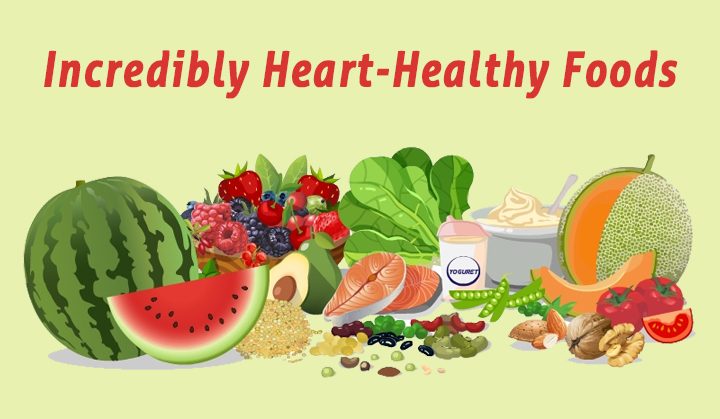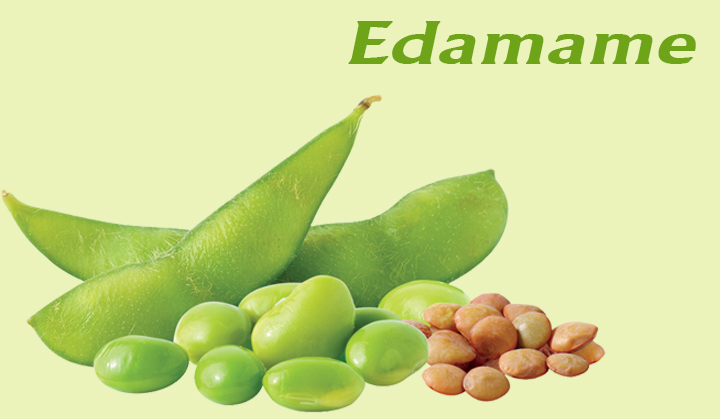
May 9, 2025
HPV Infection and Cervical Cancer: Signs, Stages, and Solutions.
April 6, 2020 - admin

Heart disease accounts for nearly one-third of all deaths worldwide. Diet plays a major role in heart health and can impact your risk of heart disease. In fact, certain foods can influence blood pressure, triglycerides, cholesterol levels and inflammation, all of which are risk factors for heart disease.
Leafy Green Vegetables

Leafy green vegetables like spinach, kale and collard greens are well-known for their wealth of vitamins, minerals and antioxidants. In particular, they’re a great source of vitamin K, which helps protect your arteries and promote proper blood clotting. They’re also high in dietary nitrates, which have been shown to reduce blood pressure, decrease arterial stiffness and improve the function of cells lining the blood vessels.
Whole Grains

Whole grains include all three nutrient-rich parts of the grain: germ, endosperm and bran. Common types of whole grains include whole wheat, brown rice, oats, rye, barley, buckwheat and quinoa. Compared to refined grains, whole grains are higher in fiber, which may help reduce “bad” LDL cholesterol and decrease the risk of heart disease.
Berries

Strawberries, blueberries, blackberries and raspberries are jam-packed with important nutrients that play a central role in heart health. Berries are also rich in antioxidants like anthocyanins, which protect against the oxidative stress and inflammation that contribute to the development of heart disease. Berries can be a satisfying snack or delicious low-calorie dessert. Try adding a few different types to your diet to take advantage of their unique health benefits.
Avocados

Avocados are an excellent source of heart-healthy monounsaturated fats, which have been linked to reduced levels of cholesterol and a lower risk of heart disease. Avocados are also rich in potassium, a nutrient that’s essential to heart health. In fact, just one avocado supply 975 milligrams of potassium, or about 28% of the amount that you need in a day. Getting at least 4.7 grams of potassium per day can decrease blood pressure by an average of 8.0/4.1 mmHg, which is associated with a 15% lower risk of stroke.
Fatty Fish and Fish Oil
Fatty fish like salmon, mackerel, sardines and tuna are loaded with omega-3 fatty acids, which have been studied extensively for their heart-health benefits. If you don’t eat much seafood, fish oil is another option for getting your daily dose of omega-3 fatty acids. Fish oil supplements have been shown to reduce blood triglycerides, improve arterial function and decrease blood pressure. Other omega-3 supplements like krill oil or algal oil are popular alternatives.
Tomatoes

Tomatoes are loaded with lycopene, a natural plant pigment with powerful antioxidant properties. Antioxidants help neutralize harmful free radicals, preventing oxidative damage and inflammation, both of which can contribute to heart disease. Low blood levels of lycopene are linked to an increased risk of heart attack and stroke.
Almonds

Almonds are incredibly nutrient-dense, boasting a long list of vitamins and minerals that are crucial to heart health. They’re also a good source of heart-healthy monounsaturated fats and fiber, two important nutrients that can help protect against heart disease. Remember that while almonds are very high in nutrients, they’re also high in calories. Measure your portions and moderate your intake if you’re trying to lose weight.
Seeds
Chia seeds, flaxseeds and hemp seeds are all great sources of heart-healthy nutrients, including fiber and omega-3 fatty acids. Numerous studies have found that adding these types of seeds to your diet can improve many heart disease risk factors, including inflammation, blood pressure, cholesterol and triglycerides.
Garlic

For centuries, garlic has been used as a natural remedy to treat a variety of ailments. Be sure to consume garlic raw, or crush it and let it sit for a few minutes before cooking. This allows for the formation of allicin, maximizing its potential health benefits.
Olive Oil

A staple in the Mediterranean diet, the heart-healthy benefits of olive oil are well documented. Olive oil is packed with antioxidants, which can relieve inflammation and decrease the risk of chronic disease. It’s also rich in monounsaturated fatty acids, and many studies have associated it with improvements in heart health. Take advantage of the many benefits of olive oil by drizzling it over cooked dishes or adding it to vinaigrettes and sauces.
Edamame

Edamame is an immature soybean frequently found in Asian cuisine. Like other soy products, edamame is rich in soy isoflavones, a type of flavonoid that may help lower cholesterol levels and improve heart health. In addition to its isoflavone content, edamame is a good source of other heart-healthy nutrients, including dietary fiber and antioxidants.
Green Tea

Green tea has been associated with a number of health benefits, from increased fat burning to improved insulin sensitivity. It’s also brimming with polyphenols and catechins, which can act as antioxidants to prevent cell damage, reduce inflammation and protect the health of your heart.
Taking a green tea supplement or drinking matcha, a beverage that is similar to green tea but made with the whole tea leaf, may also benefit heart health.
Tags:


Leave a comment